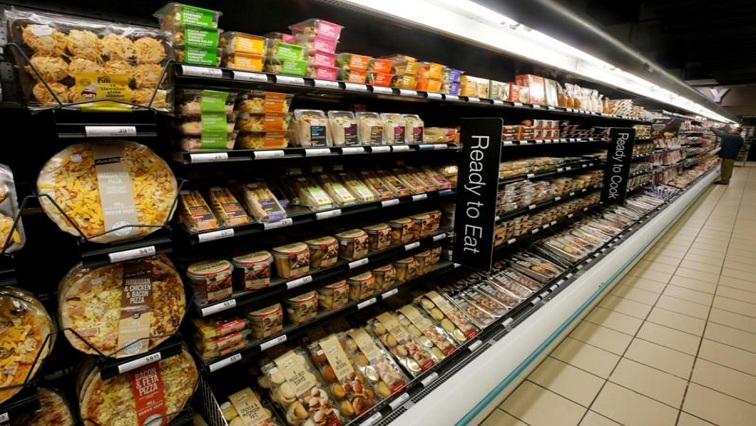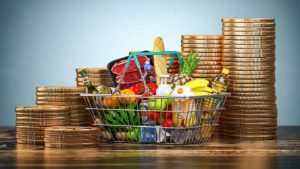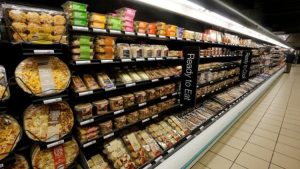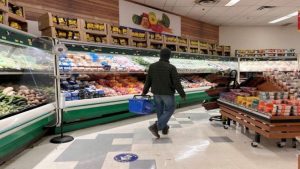An increase in food prices has left many South Africans struggling to keep their stomachs full. The situation which has also been worsened by the COVID-19 pandemic has seen the country’s household food basket increasing by R280 more in the past 11 months.
Job losses and the ailing economy have made the situation even harder.
The recent Household Affordability Index by the Pietermaritzburg Economic Justice and Dignity Group shows the cost of the household food basket in July was at R4100.
Food prices have gone up significantly over the past year.
Eleven million people are unemployed and more and more South African consumers are struggling to put food on the table.
A 54-year-old from Soshanguve, Sisi Molepo, is one of those battling to feed her family. The mother of three survives on piece jobs which have also become scarce since the COVID-19 pandemic.
The child support grant from her two young ones is also not enough to sustain her family.
“Back then, I used to be able to get into the supermarket and buy most household items and food. Now I can’t. You go into a shop and just buy the basic foods. Electricity is expensive, taxi fare is expensive, gas is also expensive. Children have gone back to school and they also need to eat at school.”
Despite the price of some staples such as maize having decreased some remain expensive for many poor South Africans.
Potatoes and onions are among those as well as cooking oil which is 35% more expensive than it was in September last year due to a global shortage.
Mervyn Abrahams of Pietermaritzburg Economic Justice and Dignity Group says the cost of food basket has increased by 7% in a year.
“When we look at the minimum wage for the month of July, a worker earning that wage would come at home with R3817,00 while the cost of the food basket is R4137, 00. So, the cost of the basket surpasses the national minimum wage as well as other types of increases.”
Electricity, fuel, and transport price hikes have also exacerbated the situation.
Abrahams says the 2 million jobs losses since the pandemic is reflective in consumer buyer behavior.
“People are buying less food or less nutritious food and both are bad in the middle of a pandemic because less nutritious food or less food to eat both of which increases hunger and negatively impact on our immune and our ability to effectively with COVID- 19 should we contract the virus.”
And while South Africans are battling with affording food, a recent study by the CSIR shows that food wastage in the country is on the rise.
An estimated 10.3 million tonnes per annum of edible food goes to waste, with an increase in household wastage.
A loss equivalent to 45% of the available food supply in the country.
“A lot of food is wasted. The most wastage happens at the processing and manufacturing stages. SA consumers are very convenience orientated; we go for prepared meals. Also, a lot of wastage happens at the household level and this was quite an interesting finding. Our previous study indicated that about 5% of overall wastage happens at a household level now this time around we find that 18% of wastage occurs at household level”, says The CSIR’s Professor Suzan Oelefse.
Economists are predicting a decline in the coming weeks in some food items especially those influenced by the global markets such as cooking oil.
Rising cost of living in SA is discussed in the video below:






